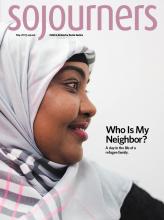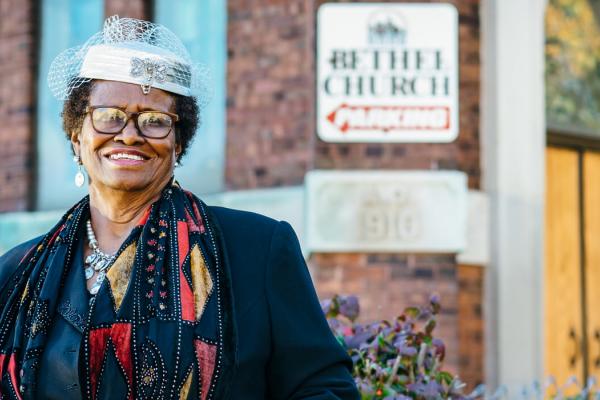PEOPLE OF COLOR in the United States are exposed to 38 percent more asthma-producing nitrogen dioxide than are white people. People of color are twice as likely as whites to live without potable water or modern sanitation.
The “big green” environmental movement often focuses on national issues and federal policy, dividing people along partisan lines of red or blue. But churches and low-income communities focus on people and their daily lived experiences. Though both are fighting for just causes, because the environment affects us all, the big greens sometimes overlook the people on the ground or do not represent them accurately.
“We have a moral and spiritual obligation to look at the impact of climate change in general and how it impacts people, including our constituents,” said Rev. Leo Woodberry, pastor of Kingdom Living Temple, an independent African-American church in Florence, S.C.
Woodberry’s church takes a robust approach to local environmental issues, including looking at climate change, air quality, and environmental justice for communities that are over-burdened and vulnerable, particularly communities of color. They also look at “environomics,” said Woodberry. “That’s where the economy and environment meet and allows corporate polluters to come into communities and dump toxins because it’s profitable for them,” he said.
Read the Full Article

